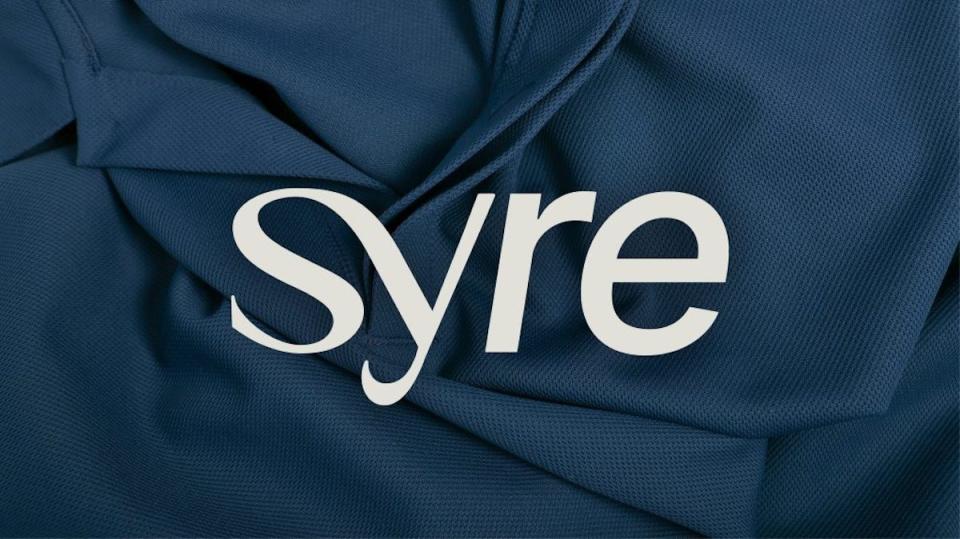H&M Group Invests $600M On Circular Recycled Polyester Venture

H&M will purchase $600 million worth of recycled polyester over the next seven years in support of a new textile-to-textile recycling project dubbed Syre.
Initiated by the Swedish retailer and investor Vargas Holding, with backing by TPG Rise Climate, Syre aims to “decarbonize and dewaste” the textile industry through textile-to-textile recycling at “hyperscale,” beginning with polyester.
More from Sourcing Journal
The impact textile company said it will establish multiple production plants producing circular polyester, starting with a factory in North Carolina, to reduce polyester emissions by up to 85 percent.
“Syre marks the start of the great textile shift,” Syre CEO Dennis Nobelius said. “We envision a world where every textile fiber sees a new day. By implementing true textile-to-textile recycling at hyperscale, we want to drive the transition from a linear to a circular value chain by putting textile waste to use, over and over again.”
Through Syre, H&M Group hopes to contribute to a “meaningful shift” in the industry by moving away from not just virgin polyester but also the industry standard of bottle-to-textile recycling (rPET) polyester. That offtake agreement with Syre—worth $600 million—covers a “significant portion” of the group’s long-term needs for recycled polyester, which is chiefly sourced from rPET, the fast fashion giant said.
“The new venture Syre is an important next step on H&M Group’s journey to integrate circularity across our business,” Daniel Ervér, CEO of H&M Group, said. “With this solution to rapidly scale textile-to-textile recycling, we want to continue to drive and inspire more industry players to join us in closing the loop and accelerating the shift toward a more sustainable future.”

Syre aims to have that North Carolina production plant operational during 2024. Following that, the manufacturing process and technology will be scaled for global expansion, starting with Europe and Asia. And in 10 years, Syre—which translates to “oxygen” in Swedish—wants to have 12 gigascale plants running at full speed worldwide to produce more than 3 million metric tons of recycled polyester, a market share of roughly 3 percent.
“Having been creating and scaling companies that enable the green transition for an entire industry, I am extremely excited to be part of founding Syre,” said Susanna Campbell, chair of the board and co-founder of Syre. “As a plug-and-play solution into the existing textile value chain, Syre will be key in enabling delivery on ambitious sustainability targets for all polyester intense industries such as apparel, automotive and home interior.”
Textile waste is a known issue in the industry, accounting for 7-10 percent of global carbon emissions, according to Textile Exchange. And polyester—both virgin and rPET—is the biggest offender, being the largest emitter and fastest-growing fiber.
With that in mind, this isn’t the first time H&M has invested in polyester alternatives.
Last April, the brand led the $8 million funding round for Kintra Fibers, a biodegradable and plant-based polyester replacement that matches the performance and price of traditional synthetics. This is in line with the group’s material ambition goal of having 100 percent of materials either be recycled or more sustainably sourced by 2030, with the subgoal of 30 percent recycled materials by 2025.

